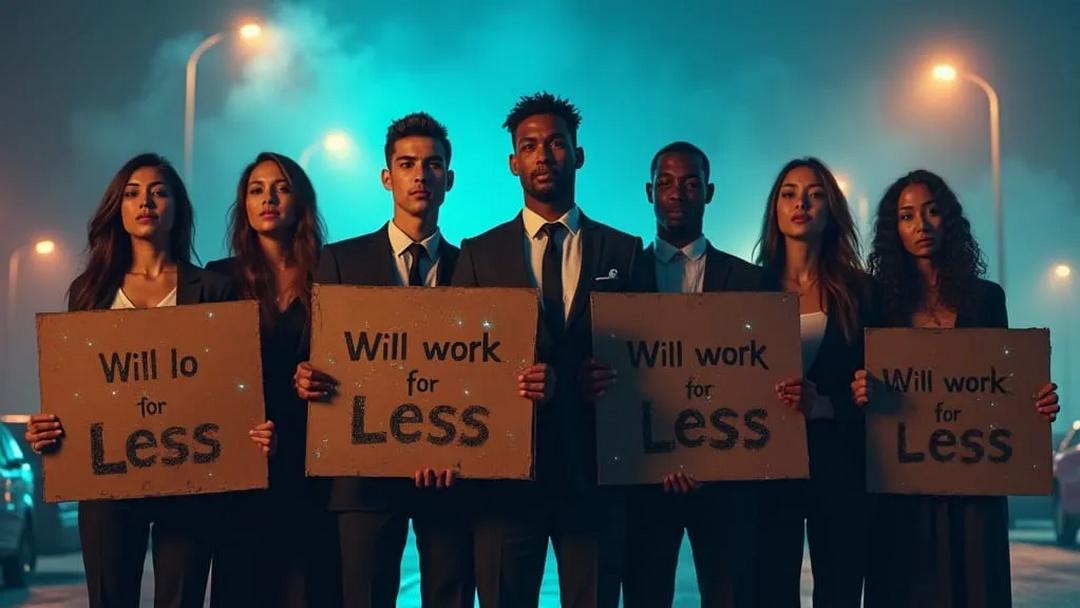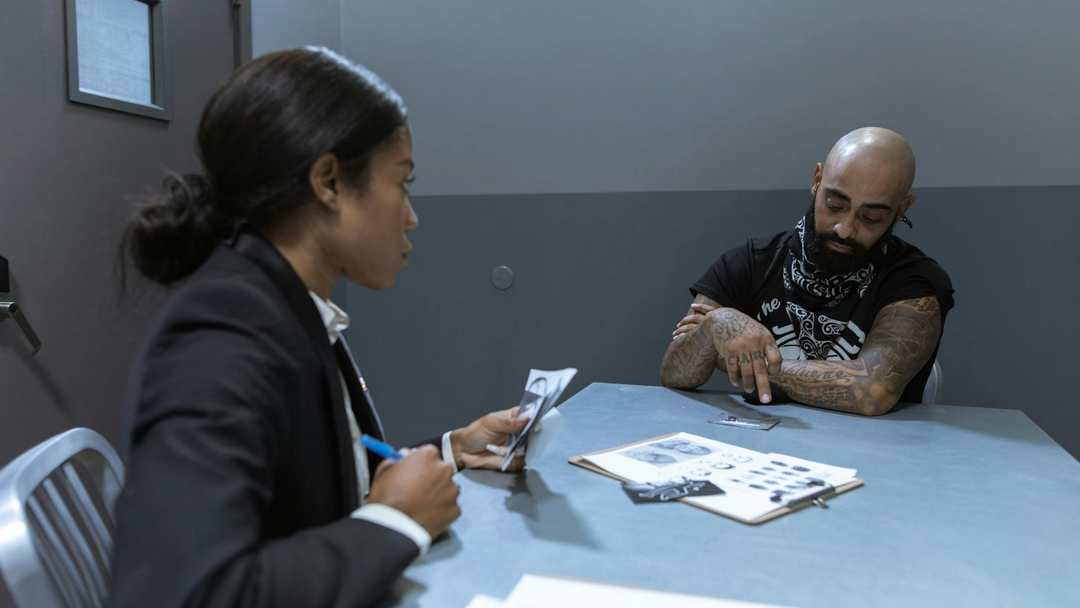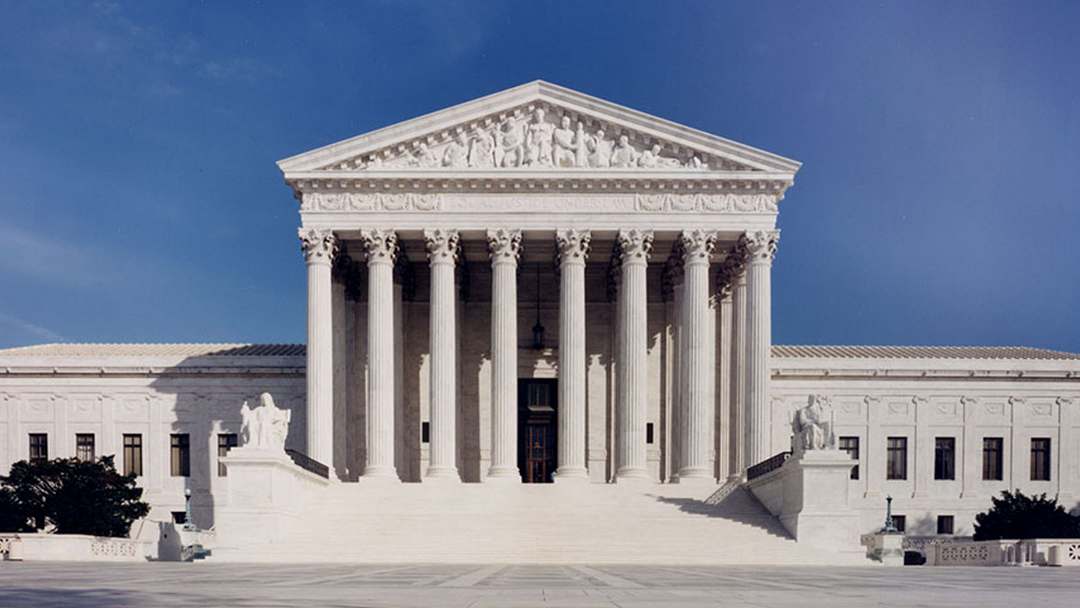The Petitions of the Week column highlights a selection of cert petitions recently filed in the Supreme Court. A list of all petitions we’re watching is available here.
Organized crime, from the mafia to small-time money laundering schemes, often evades criminal prosecution. To bolster efforts to fight organized crime, Congress passed the Racketeer Influenced and Corrupt Organizations Act, known as RICO, more than 50 years ago.
In addition to the criminal penalties for violating RICO, the law also authorizes private individuals to bring civil lawsuits for an injury to their “business or property” as a result of the defendant’s “racketeering activity,” which the law defines broadly to include a wide range of criminal offenses.
This week, we highlight petitions that ask the court to consider, among other things, whether someone can sue under RICO to recover lost earnings.
Marketed as “a revolution in medicinal hemp-powered wellness,” Dixie X is a CBD supplement that claims to offer a variety of health benefits. After learning about Dixie X in a magazine, Douglas Horn began using the supplement in 2012 to soothe pain and inflammation from a car accident. Although the ad claimed that the supplement does not contain any THC (the active ingredient in marijuana),
RESTORE YOUR SECOND AMENDMENT RIGHTS
RESTORE YOUR PROFESSIONAL LICENSE
RESTORE YOUR DRIVER LICENSE
RESTORE YOUR PAST (Expungements)
Call our Office for a free case evaluation
Komorn Law (248) 357-2550
Professional License Restoration / Rights Restoration / Record Expungments / Driver License Restoration
Satisfied, Horn began using Dixie X. Shortly after, he failed a random drug test at work and was fired. Suspecting the supplement, Horn sent a batch to an independent lab, which found that the product contained THC.
Horn went to federal court in New York, arguing that the company that sold Dixie X, Medical Marijuana, Inc. – which, despite its name, deals only in hemp-based CBD products – was responsible for his termination. Part of his lawsuit alleged violations of state law, including a claim that he was fraudulently induced to purchase the supplement while unaware of its risks. But Horn also argued that the company injured his “business or property” under RICO by conspiring to commit federal mail and wire fraud that resulted in the loss of his salary.
In Medical Marijuana, Inc. v. Horn, the maker of Dixie X asks the justices to grant review and reverse the 2nd Circuit’s ruling. The company argues that economic harm stemming from a personal injury has no business, so to speak, under RICO. “If quintessential personal injuries count as injuries to ‘business or property’ just because economic damage inevitably results,” the company writes, “Congress’ careful limitation on civil RICO claims would be toothless.”
Read the Rest here at ScotusBlog

Komorn Law – Federal Courts and All Michigan Courts
A list of this week’s featured petitions is below:
Yim v. City of Seattle, Washington
23-329
Issue: Whether Seattle’s restriction on private owners’ right to exclude potentially dangerous tenants from their property violates the 14th Amendment’s due process clause.
Amer v. New Jersey
23-351
Issues: (1) Whether a defendant is always “unable to stand trial” under Article VI(a) of the Interstate Agreement on Detainers while a pretrial motion is pending; and (2) whether a defendant has been “brought to trial” within 180 days of his request for final disposition of charges under Article III(a) of the agreement at the point when jury selection begins.
Medical Marijuana, Inc. v. Horn
23-365
Issue: Whether economic harms resulting from personal injuries are injuries to “business or property by reason of” the defendant’s acts for purposes of a civil treble-damages action under the Racketeer Influenced and Corrupt Organizations Act.
Bhattacharya v. State Bank of India
23-390
Issue: Whether, to establish a “direct effect in the United States” under 28 U.S.C. § 1605(a)(2), a plaintiff must make an extratextual showing that either the sovereign engaged in a U.S.-based “legally significant act,” or that the U.S. effects were “legally significant” in addition to being direct.
More Posts

Cleary becomes latest US law firm to add non-equity partners
See you in the Home Depot lot.Oct 10, 2024 (Reuters) Cleary Gottlieb Steen & Hamilton will create a new category of non-equity partners, becoming the latest major U.S. law firm to move away from the traditional single-tier structure in which all partners have an...

MI Court of Appeals – MRTMA defense denied dismissal
Does the Michigan Regulation and Taxation of Marihuana Act protect you in all Marijuana scenarios?The Conflict The central issue in this interlocutory appeal is whether the Michigan Regulation and Taxation of Marihuana Act (MRTMA), MCL 333.27951 et seq., prevents a...

The “Automobile Exception” in Michigan law
The "automobile exception" in Michigan law allows police to search a vehicle without a warrant if they have probable cause to believe it contains evidence of a crime.This exception is grounded in the idea that vehicles are inherently mobile, meaning evidence could be...

The search being challenged was triggered by the odor of cannabis
The case People of Michigan v. Freddie Wilkins III (No. 367209) revolves around a legal challenge regarding the search of a vehicle without a warrant.Police conducted a warrantless search under the "automobile exception."The case People of Michigan v. Freddie Wilkins...

Carrying a Concealed Weapon in Michigan
Carrying a concealed weapon (CCW) in Michigan without proper authorization is a crime.Carrying a concealed weapon (CCW) in Michigan without proper authorization can lead to serious criminal charges. Michigan law has strict regulations regarding firearms, and violating...

MI Supreme Court Declines to Intervene in Public Records Dispute
Michigan Supreme Court Declines to Intervene in Public Records DisputeTeachers Union and School District at Odds Over Data AccessThe Michigan Supreme Court recently declined to hear a case regarding whether public school teachers' class materials are subject to the...

Felony Firearm Possession in Michigan
Felony Firearm Possession in Michigan.In Michigan, the laws surrounding firearms are strict, especially when it comes to felony firearm possession. If you’re charged with a felony and found to be in possession of a firearm during the crime, the penalties can be...

Do the passengers in your vehicle have 4th Amendment Rights?
Do Passengers in your vehicle have 4th Amendment Rights against Search and Seizure?Passengers in a vehicle are afforded Fourth Amendment protections against unreasonable searches and seizures, though the scope of these rights varies based on the specific circumstances...

Probable Cause v Reasonable Suspicion
What's the difference between probable cause and reasonable suspicion?Definition of Probable Cause Probable cause refers to the belief held by a reasonable person that a crime is currently being committed, has already been committed, or is likely to be committed in...

Are there exceptions that justify warrantless searches?
Exceptions to your 4th Amendment Rights against Search and Seizure (more to come).The Fourth Amendment of the U.S. Constitution safeguards citizens by prohibiting unreasonable searches and seizures and generally mandates the necessity of a warrant for such intrusions....











